How I Reached Japanese Proficiency In Under A Year
Published: April 29, 2024
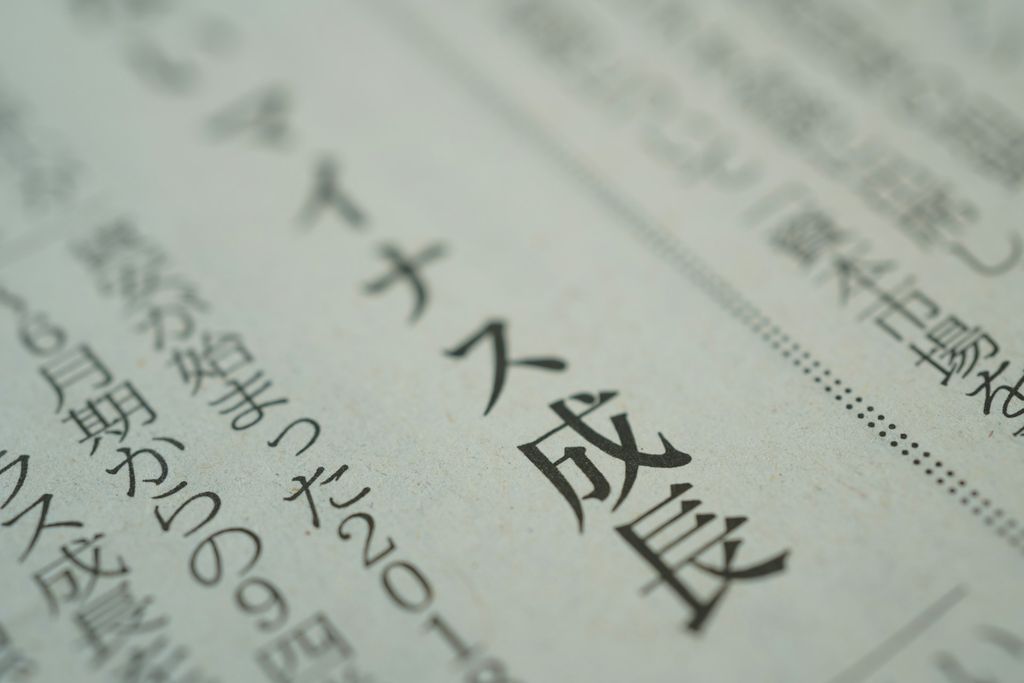
Note: This article was published on LinkedIn. You can find the original article here.
I learned the other day that I passed N1 on JLPT. Finally I can say that I am a trilingual. (Japanese, English, Turkish, although my Turkish is getting worse day by day)
For those who don't know, JLPT is Japanese Language Proficiency Test and N1 is the highest level you can get. It basically shows that you are fluent in Japanese, work/study in Japan, have no problem reading complex pieces like newspaper articles and can express sophisticated ideas using Japanese.
Some might say it is not a big deal to pass N1. I agree, sometimes N1 is useless, some employers have not even heard of JLPT. Also, N1 does not guarantee fluency in Japanese. I know people who have N1 but far away from proficiency. (partly including me)
Some would die to get N1. They think if they had N1, job-hunting or getting a scholarship in Japan would be easy. I also partly agree with this.
Also, a lot of people think N1 is super hard. I have heard of people taking N1 a dozen times and failing at each of them. I know a lot of people who are focused on JLPT so much that they devote a huge portion of their free time for reaching their desired level and someday ultimately getting N1.
The rest of my writing is gonna be for those people who are earnestly studying to learn Japanese, trying to get a job or scholarship in Japan and trying to achieve whatever level (N5~N1) they are pursuing on JLPT. Seeing all these people honestly striving to learn Japanese but failing due to some reasons made me want to share my Japanese learning experience and hopefully give some insights.
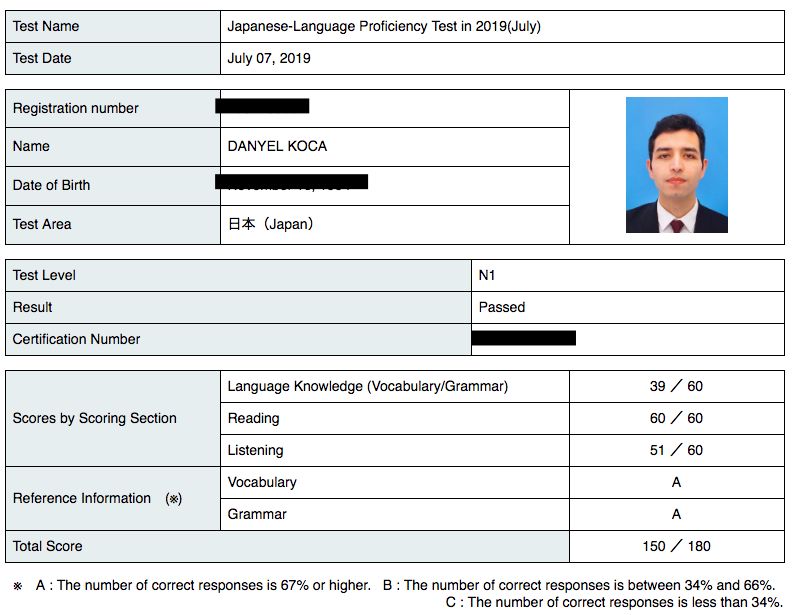
Firstly I should talk about my own experience.
I took JLPT N1 in July 2019. 11 months prior to that, in September 2018, my Japanese was non-existent, probably at N5 (lowest) level. I wasn't even able to read the word "書店" (bookstore). I remember a friend of mine reading a sign, written on it: "不動産" (real estate). I was amazed. Seeing kanji and being able to read it seemed like reading a picture or decoding a secret message. I was intimidated because you had to learn 2300 of those kanjis in order to reach fluency.
And, now here I am, reading books and articles, watching TV shows, talking to Japanese people in Japanese without much problem. I wanted to share with you how I was able to reach fluency within 11 months. Firstly let me briefly make some points about JLPT:
1) JLPT is kind of useless. I did job hunting this summer and I only had N3 from the December 2018 exam. Nevertheless, I got job offers from 2 global management consulting companies and proceeded to the final stages of selection with many other multinational companies. Apart from some rare stupid companies that require their foreigner applicants to have N1 or N2, you will be okay without JLPT. And as I said before, some companies don't even know what JLPT is.
The key is, as long as you can express yourself, talk about your background, strengths, and weaknesses and why you are interested in a specific position at the interview, you can get the job without JLPT. Basically it all boils down to persuasive speaking rather than knowing obscure grammar rules found in JLPT.
2) JLPT does not fully reflect your language ability. Especially N1 has numerous obscure grammar rules which are not used in common Japanese as long as you are not reading Nikkei Shinbun. (Some are not even found in newspapers!) So, you might have N1 but still fail at interview or entry sheet (Japanese version of cover letter) if you can not attract the interest of the recruiter.
Due to above reasons, I think it is not wise to be fixated on JLPT. I think Japanese learners should rather focus on their overall language skills. Are you able to write your ideas in Japanese? Can you persuade a Japanese using your conversation skills? Can you get information in Japanese easily on the internet? JLPT doesn't test writing and speaking. You should ask yourself if you think your Japanese level is where it should be rather than having a good JLPT level.
From here on I wanna share my tips about learning Japanese.

1) Kanji, Kanji, Kanji.
When I talk to people, I hear that kanji is where everyone has hard time with. In my opinion, kanji is the easiest part of Japanese. Because learning kanji has well-defined limits and you can structure the learning. For example, there are 2300 commonly used kanjis. Spend 30 min each day and learn 10 kanjis. You will be done in less than a year. On the other hand, you might spend years polishing your conversation skills without a clear success recipe and no clear feedback about your progress.
For kanji, I suggest borrowing/buying this book and following it.
Without knowing kanji, all the other parts of the language will be hard, especially remembering the vocabulary. So get it done first. Don't postpone it.

2) Vocabulary is crucial for both the language and JLPT.
Have a system of studying the vocabulary that you come across but don't know. Improving your vocabulary will help your speaking, reading, listening, or any aspect of the language. But, without knowing kanji, acquiring vocabulary is really hard because almost all the words are made up of kanjis and there are patterns between words if you know kanji. You can go ahead, screw the kanji and only learn the words by pronunciation which would be extremely inefficient. + if you are not learning kanji, you will not be able read anything. You will be like old people who don't know how to read and can not even take the bus because they don't know how to read the signs. And no one is gonna hire someone who cannot even take a bus.

3) Create synergy.
Don't focus on a specific part of language (vocabulary, speaking, reading etc.) for a long time but study all parts simultaneously and create synergy between them. For example, watch Japanese TV at breakfast, join a Japanese meet-up and talk, read news in Japanese, google in Japanese. The more activities you get involved in Japanese, the faster you will learn the language. There is a good chance the word you have seen in newspaper will appear on TV and there will be a chance to use it in conversation. So, get involved in as many activities as possible and the synergy will be automatically created between them.
I achieved synergy by taking 9 Japanese classes last semester ranging from debate, presentation, composition to conversation, reading and business Japanese. It is a really good feeling where you learn something and the next time it appears, you know it this time and don't need to check the dictionary.

4) Find patient people to talk with you.
Sometimes it is hard to talk to native speakers. Because they are fluent at the language and it is really boring to listen to someone trying to structure a sentence in a minute. So, rather than throwing yourself among the native speakers, find people who have slightly higher level than your Japanese and talk to them. Or, try to find people who really care about you (e.g.: a girl/boyfriend or a really close friend) so that they don't mind listening to your slow Japanese. You will also be making a lot of mistakes while talking. Some people will fix every little mistake you make. Most people (especially Japanese people) will never put light on your mistakes and they will tell you that your Japanese is really good (日本語完璧じゃん!). You should find people that are in between. Because the more the conversation stops for correcting mistakes, the more the learner will lose her enthusiasm for speaking. It will also be tedious for the partner. On the other hand, if your mistakes are not corrected at all, there will not be much advancement. So find those patient people who don't mind speaking to you and understand your level so that they will introduce you to slightly more complex words and expressions than your current level.
Actually this is how babies learn languages. They are constantly exposed to expressions that are slightly higher than their current level by their patient parents. The expressions provided for them are neither too complex that there is no chance of comprehension, nor too easy, where the baby wouldn't learn anything. This is called the 'comprehensible input'.
I can go on sharing tips but let me move on to the most important 2 requirements for learning any language:

1) Motivation
What is your motivation for learning Japanese? Is it an option for you to learn it or a necessity? What happens if you don't learn it?
For me, I had to go back to Turkey after graduation if I didn't get a job in Japan (which requires Japanese), which wasn't an option for me because I love Japan. Having no other choice was a strong motivation for me. That helped me to study Japanese continuously for 11 months, up to 10 hours somedays.
I talk to some people and see that they already have a good life in Japan without fluent Japanese. Some are professionals, some are English teachers and some are students. And a lot of them complain about how it is hard to learn Japanese or to get N1. And then I ask, what happens if you don't get N1. They reply that they can go back to their home countries or keep what they are currently doing. If the disutility of not getting N1 is not grim enough, you will probably not invest enough time to acquire it.
Japan is an amazing country. Extremely rich culture, high life standards, strong economy and even a stronger job market and remuneration. If only you can speak Japanese, you can take advantage of all the prospects Japan can offer. And, if your world is not gonna go upside down if you don't learn Japanese, then it might be hard to find the motivation to keep studying daily. Of course, if you are a disciplined worker that doesn't have to burn bridges in order to achieve something, you might be able to learn Japanese even though it is not a necessity. However, I tried learning Japanese several times before and each time I gave up at some point because I wasn't able to endure the hardships.

2) Free time
Like any other study, first stages of learning a language is tough. You keep studying without knowing if you are progressing or not. You can not apply your language skills and get feedback. So, for the first months, you should just keep studying without getting rewards or positive feedback. However, once you reach a critical mass, everything you learn will contribute to the bigger picture. You will be able to converse to some extent and express your ideas.
At the first stage of learning, you need to have a lot of free time in order to reach that critical mass as quick as possible. Because without getting any feedback or having a sense of how a new knowledge contributes to your overall language skills, learning is really boring. So, don't try to spread your learning on a large time interval. I see people taking once a week language classes and I instantly think that it is impossible to learn the language that way. Because, as I said, learning until critical mass is boring and it must be terminated as quick as possible. Otherwise, the odds are that you will give up on language before reaching the critical mass.
So how much free time do you need and how long does it take to reach the critical mass in case of Japanese?
Since September 2018, I have been studying Japanese on average about 3 hours daily until December 2018 (when I took JLPT N3). After JLPT in December, it took me another 4 months accumulating knowledge. I think I have reached the critical mass around April, where at that point, I wasn't studying anymore but just reading things in Japanese but with a bit of consciousness, writing down the words I don't know and trying to create as many opportunities as possible in order to practice speaking and listening. While being involved in learning Japanese, I was even able to improve my GPA from 3.71 to 3.78, which shows that you don't have to sacrifice anything for learning Japanese. So, reaching critical mass took me 7 months. Strictly structured learning took about 3 months. After the first 3 months I was not only studying but doing things I like in Japanese, such as watching TV and that was contributing to my language ability. After 7 months, I completely stopped sitting down and studying. I was reading newspaper, watching TV, doing daily things in Japanese which was contributing to my language ability.

Conclusion
Overall, first, find yourself a motivation. Make it so that, if you don't learn Japanese, you are going to be screwed (Or condition yourself psychologically). Second, make enough free time to study daily until you reach a critical mass where study is no longer necessary and learning the language can be enjoyable from there on. From there, any show you watch, any conversation you have, any piece you read will automatically contribute to your language and no 'real studying' is necessary. Reach to that critical mass as soon as possible!
Specifically, make learning all the commonly used kanjis your first objective. Simultaneously, you should be constantly increasing your vocabulary base. (which never stops, even the native speakers need learning new words) Also create synergy by getting involved in as many Japanese activities as possible. If there are free Japanese classes at your school, create some free time on your schedule and join as many classes as possible. Lastly, find patient people who you can talk to and who can give you reasonable and constant feedback.
Although I was able to reach proficiency in 11 months, I think it could be done even within a shorter time (around 6~9 months). I employed many ineffective learning strategies which took a lot of time away. Nevertheless, time is not a big problem once you reach the critical mass. After the critical mass, learning the language will be enjoyable. If you work hard, reaching proficiency in Japanese is quite doable.
There will be lots of people telling you how hard it is learning Japanese. If you really want it, if you are committed to work hard to achieve your goal of learning Japanese, you can do it within a year, even half a year. Good luck!
If you have questions, don't hesitate to contact me.
Leave comment
Comments
There are no comments at the moment.
Check out other blog posts
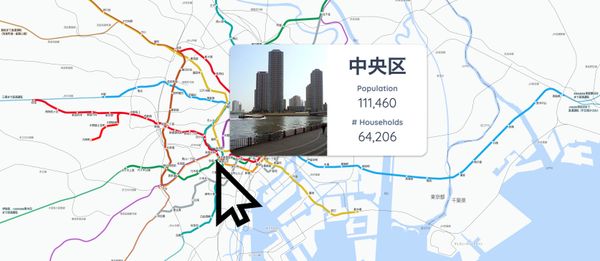
2024/06/19
Create A Simple and Dynamic Tooltip With Svelte and JavaScript
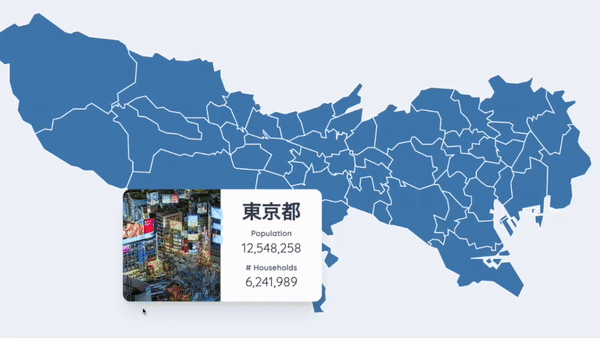
2024/06/17
Create an Interactive Map of Tokyo with JavaScript
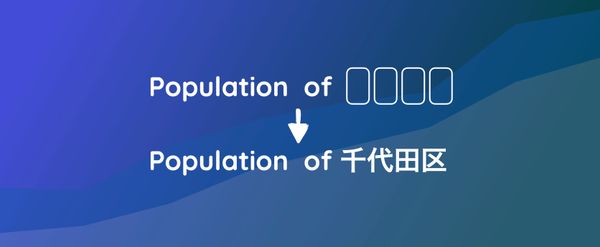
2024/06/14
How to Easily Fix Japanese Character Issue in Matplotlib

2024/06/13
Book Review | Talking to Strangers: What We Should Know about the People We Don't Know by Malcolm Gladwell

2024/06/07
Most Commonly Used 3,000 Kanjis in Japanese
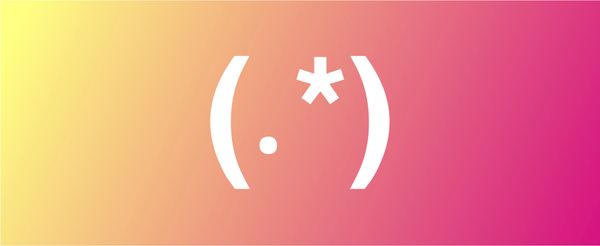
2024/06/07
Replace With Regex Using VSCode
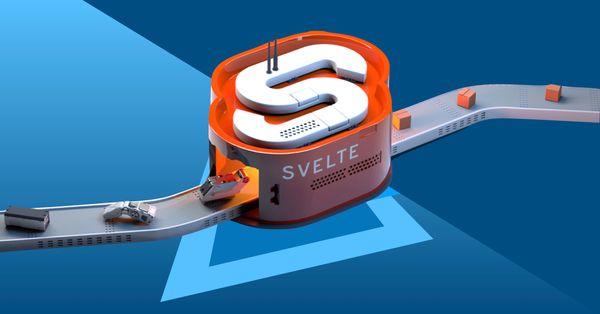
2024/06/06
Do Not Use Readable Store in Svelte
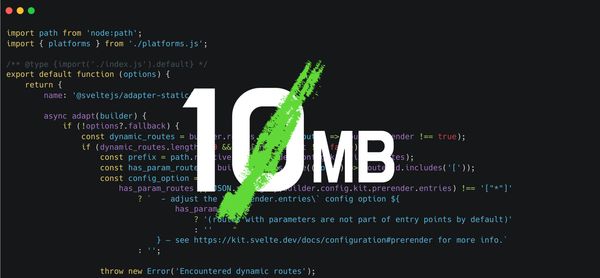
2024/06/05
Increase Website Load Speed by Compressing Data with Gzip and Pako
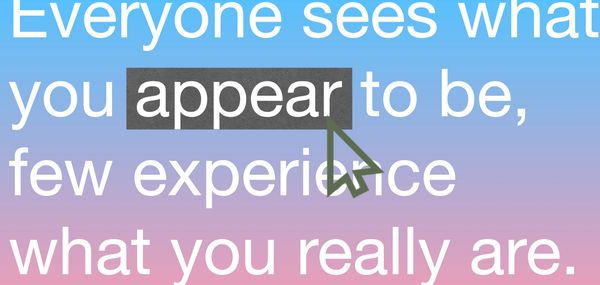
2024/05/31
Find the Word the Mouse is Pointing to on a Webpage with JavaScript
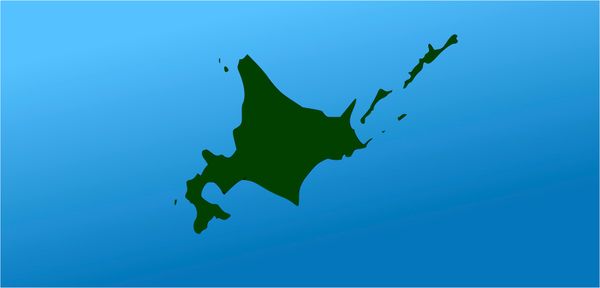
2024/05/29
Create an Interactive Map with Svelte using SVG

2024/05/28
Book Review | Originals: How Non-Conformists Move the World by Adam Grant & Sheryl Sandberg
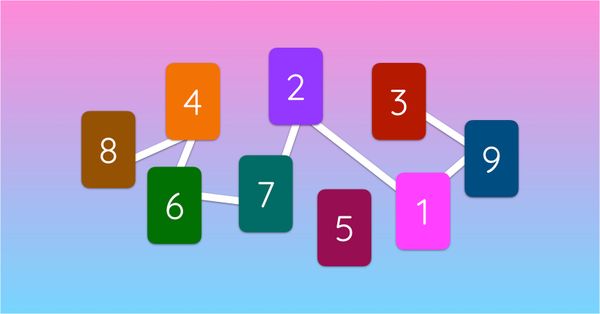
2024/05/27
How to Algorithmically Solve Sudoku Using Javascript
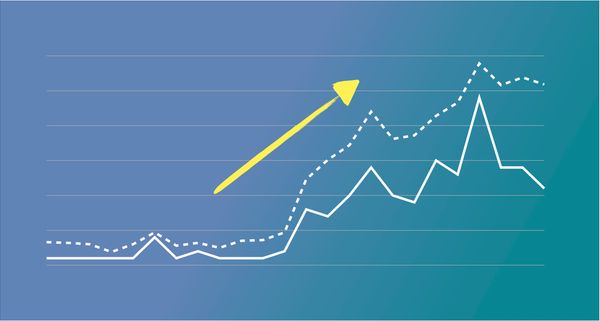
2024/05/26
How I Increased Traffic to my Website by 10x in a Month

2024/05/24
Life is Like Cycling
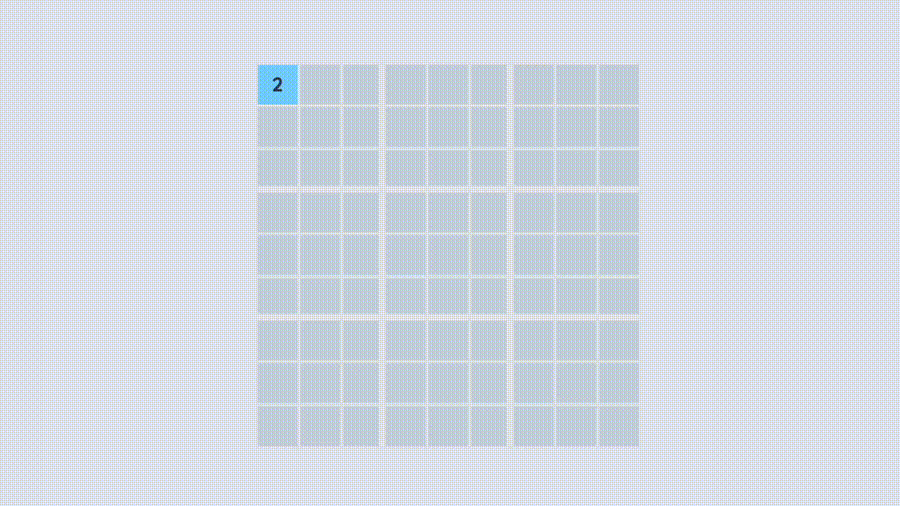
2024/05/19
Generate a Complete Sudoku Grid with Backtracking Algorithm in JavaScript
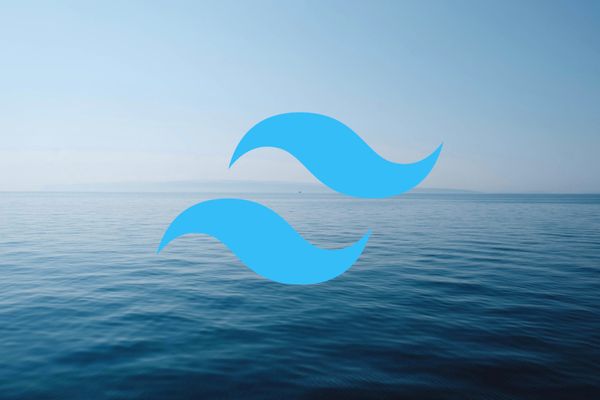
2024/05/16
Why Tailwind is Amazing and How It Makes Web Dev a Breeze

2024/05/15
Generate Sitemap Automatically with Git Hooks Using Python

2024/05/14
Book Review | Range: Why Generalists Triumph in a Specialized World by David Epstein
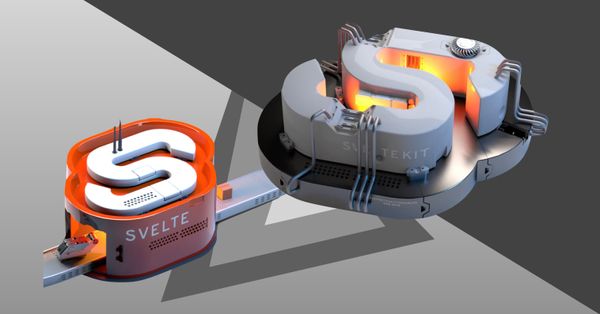
2024/05/13
What is Svelte and SvelteKit?
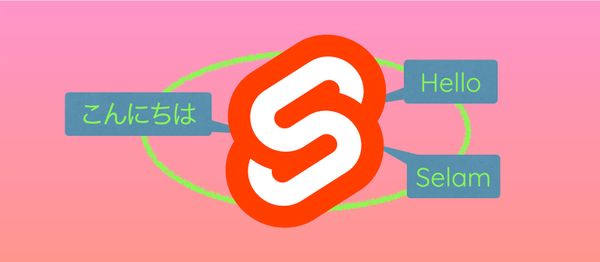
2024/05/12
Internationalization with SvelteKit (Multiple Language Support)

2024/05/11
Reduce Svelte Deploy Time With Caching

2024/05/10
Lazy Load Content With Svelte and Intersection Oberver

2024/05/10
Find the Optimal Stock Portfolio with a Genetic Algorithm
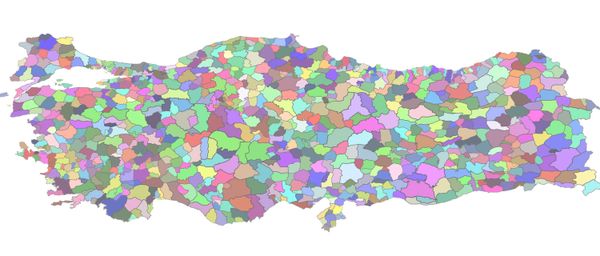
2024/05/09
Convert ShapeFile To SVG With Python
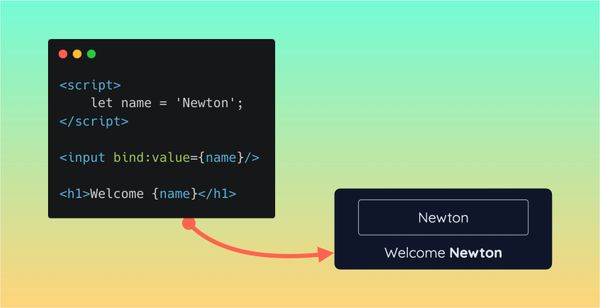
2024/05/08
Reactivity In Svelte: Variables, Binding, and Key Function

2024/05/07
Book Review | The Art Of War by Sun Tzu

2024/05/06
Specialists Are Dead. Long Live Generalists!

2024/05/03
Analyze Voter Behavior in Turkish Elections with Python
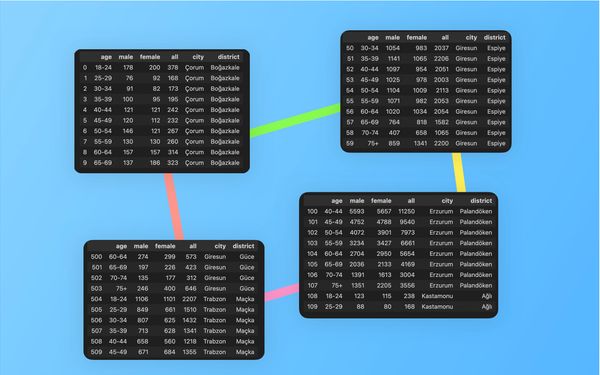
2024/05/01
Create Turkish Voter Profile Database With Web Scraping

2024/04/30
Make Infinite Scroll With Svelte and Tailwind

2024/04/25
Use-ready Website Template With Svelte and Tailwind

2024/01/29
Lazy Engineers Make Lousy Products

2024/01/28
On Greatness
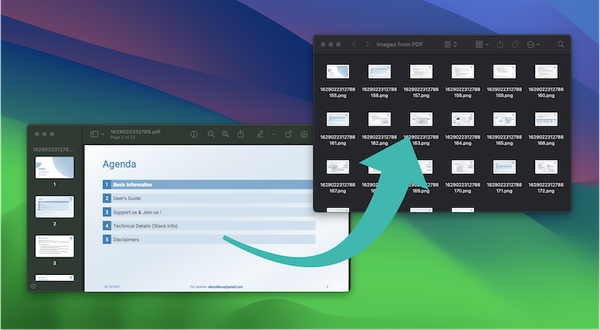
2024/01/28
Converting PDF to PNG on a MacBook

2023/12/31
Recapping 2023: Compilation of 24 books read

2023/12/30
Create a Photo Collage with Python PIL

2024/01/09
Detect Device & Browser of Visitors to Your Website
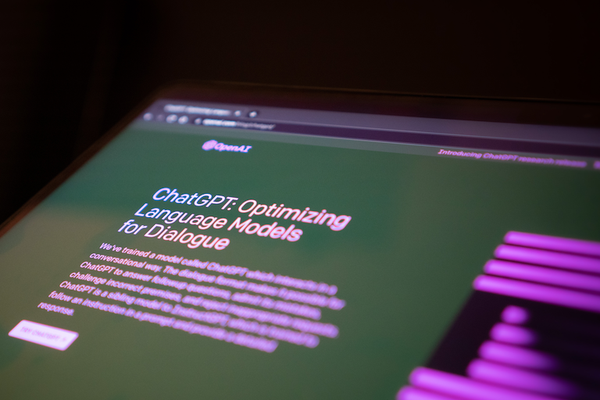
2024/01/19
Anatomy of a ChatGPT Response
